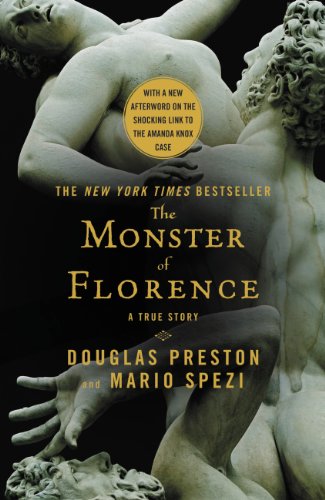As a special thank you for its recent sponsorship of the ongoing results reporting from our Summer 2010 Kindle Nation Citizen Survey, I wanted to take a moment to highlight its recent publication, Fallen Walls and Fallen Towers: The Fate of the Nation in a Global World, by Adrienne Redd, Ph.D. Thank you for supporting our sponsors and considering their Kindle books. Click here to download the book or a free sample now from the Kindle Store.
From 1989 through the first partial decade of the twenty-first century momentous events rattled assumptions about world order. The symbolic and concrete bulwark between the capitalist and communist hemispheres was dismantled by hands and hammers; the Soviet Union imploded; the Bosnian Wars ensued; nonstates attacked nation-states; and serial economic collapses swept around the world like the falling dominoes that were once the metaphor of communist takeover. Faster and cheaper communication drove off-shoring beyond the coasts of the old industrial titans, enabled previously unsustainable transnational allegiances, and inflamed political dissatisfaction.
How can we make sense of the relentless catastrophes and realignments that have shaken our world in the two decades since the fall of the Berlin Wall? September 11, violent non-state players like al Qaeda, Hezbollah, Hamas and Fatah, and separatists such as the Tamils and Kurds have forced us to reconsider traditional notions such as nation-state boundaries and sovereignty. Will subnational identity groups become the building blocks of international relations? How will globalization continue to shape the organizational systems of the world? Which ideas and institutions will be the most effective in fostering future political stability? What rules must emerge to deal with bad actors affecting populations beyond the boundaries of sovereign nations? What powers or principles will guide the world through these unprecedented changes?
And what, if anything, can ordinary people do about such huge systems—by the way they talk about them and inform themselves about global news?
In
Fallen Walls and Fallen Towers, organizational systems Ph.D. Adrienne Redd provides an unflinching look at these questions and distills insights from 62 years of opinion-editorial texts and prescience from thinkers as ideologically diverse as George Shultz, Fareed Zakaria, Kofi Annan, and Zbigniew Brzezinski. She demonstrates that the nation-state is not ready for the scrap pile. However, if the power arrangements of the past 350 years are to endure, sovereignty, boundaries, the notion of unified national cultural identity, and the very idea of modernity must evolve and adapt.“I share the hope that we might help make the world a better place by the language we choose. I would put it more strongly to say that this is the only way sustainable change can be achieved.” ~ Abdullahi Ahmed An-Na’im, director of The Future of Shari’a: Secularism from an Islamic Perspective, Emory University
“Essential to understand how liquid modernity – and globalization – have dealt a heavy, but not final, blow to our world of nation-states.” ~ Pepe Escobar, author of Globalistan: How the Globalized World is Dissolving Into Liquid War
“A compelling exploration of a timely topic, with passion and conviction grounded in a wealth of primary source material and diverse perspectives.” ~ Mohamed Amer, Lieutenant Commander, USN and retired U.S. Naval Intelligence Officer, Naval Postgraduate School in National Security Affairs – Middle East and North Africa
In Fallen Walls and Fallen Towers one finds echoes of both Machiavelli and Mazzini. John Adams, the second president of the United States, praised the much misunderstood and maligned Machiavelli for applying empirical and rational thinking to politics in place of moralistic wishful thinking. Indeed Machiavelli was the first political scientist. Giuseppe Mazzini saw no contradiction between honest nationalism (which he considered a cultural division of labor) and a universal outlook. Indeed for him there could be no universal justice without recognition of the brute fact of national differences and without honoring the integrity of cultural differences. To this end he was the first to propose a United States of Europe composed of independent nation states.
D
r. Adrienne Redd writes in the tradition of both these outlooks. She forgoes moralistic wishful thinking and recognizes the historical persistence of the nation state and its justification for preserving cultural diversity but like Mazzini sees its potential for serving the interests of universal justice. Fallen Walls and Fallen Towers is destined to become a classic of postmodern political science. ~ Tsvi Bisk, Director of the Center for Strategic Futurist Thinking












